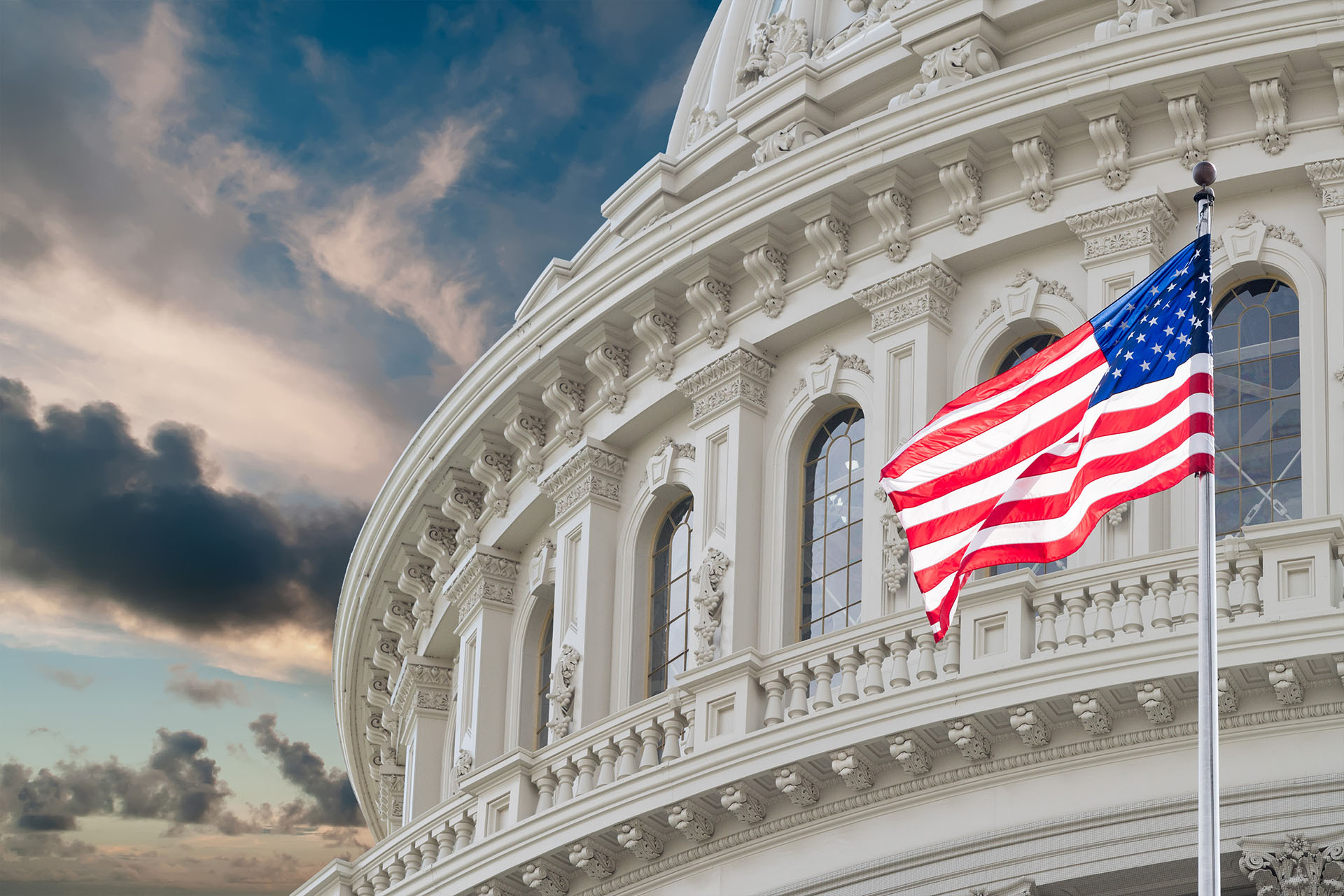How to Defeat Trump’s Plan to Overturn the Election | Opinion
Aug 20, 2020 | Tom Rogers and Timothy E. Wirth | Newsweek
Since we wrote the piece “How Donald Trump Could Lose the Election and Still Remain President,” it has become even more apparent that Donald Trump will attempt to create massive chaos and uncertainty following the November election, even if it is abundantly clear he has lost it. His repeated false statements about mail-in ballots creating election fraud and his efforts to slow U.S. Postal Service operations to impact the election results, as well as his unwillingness to state that he will accept the outcome of the election, make it all too clear that his deep decline in the polls only strengthens his resolve to question the integrity of the election. Trump’s recent call to move the date of the election is further indication that he plans to drive a narrative that a fair election cannot be run and he must take extraordinary measures as a result. …


